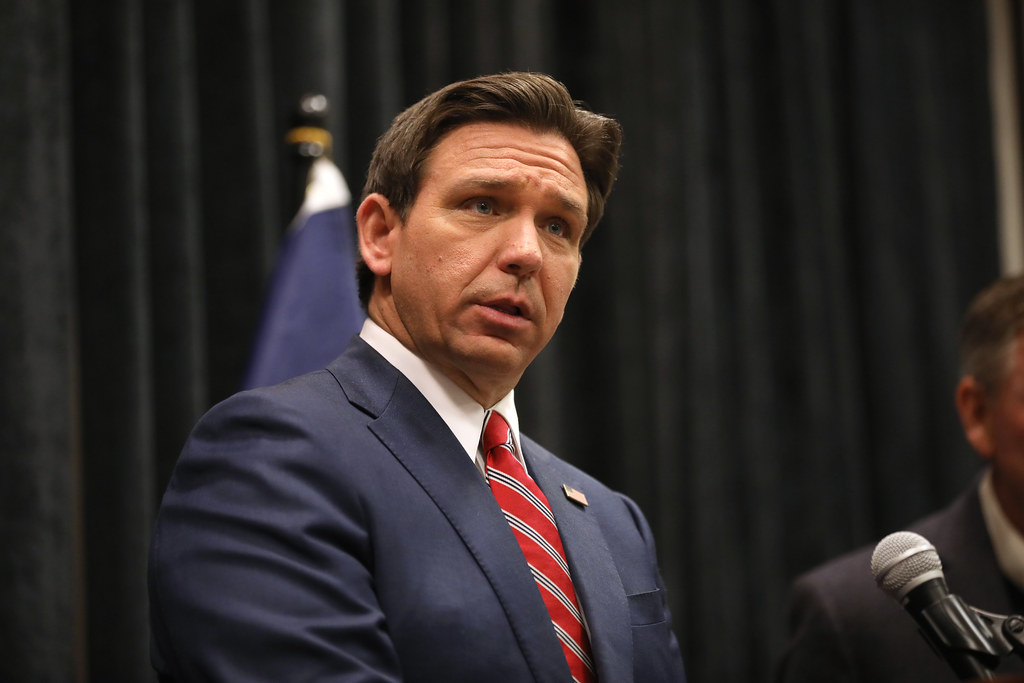Florida GOP Proposes $100 Fee for Excessive Book Objections in Effort to Manage Rising Book Bans

In an unexpected move, Florida’s Republican-led Legislature is now rethinking its strict policy on limiting access to certain books in schools. Lawmakers claim the law was meant to protect students from obscene materials. However, critics and experts see it as possibly veiled censorship.
Acknowledging unforeseen issues since the law’s start, some describe it as a “logistical nightmare.” Politico reports that legislators are considering a new method to handle book challenges, including a fee for too many objections.
The law, passed in 2023, aimed to increase scrutiny of sexually explicit books in K-12 schools. It required quick removal of books seen as pornographic or harmful to minors, pending review. This approach has led to a nationwide uproar. According to PEN America, Florida has removed or restricted more books than any other state, over 1,400 in total. This has sparked claims of over-censorship and free speech violations, fueling intense debates.
State Representative Dana Trabulsy, a Republican, supports the new bill, emphasizing the need to protect children but also to moderate book challenges. In contrast, conservative commentator Bill O’Reilly criticized the law’s vague nature after two of his books were removed in Escambia County. Governor Ron DeSantis and others argue the law mainly targets books on sensitive topics like sexuality and gender, dismissing claims of outright banning as misleading.
Rep. Trabulsy’s proposed amendment, part of a larger effort to simplify public school rules, suggests a $100 fee for each book challenge from individuals not having students in the district, effective after the fifth objection. This is meant to deter pointless challenges and reduce strain on schools. The bill has progressed in the Florida House but faces mixed reactions. Some school officials view it as a practical solution, while others, including Rep. Mike Beltran and the Florida Citizens Alliance, worry about its impact on valid challenges.
The debate on this law mirrors a wider national discussion on educational content, freedom of expression, and the role of parents and the community in school curriculums. Critics argue the law restricts free speech and causes unnecessary censorship of a wide range of literature, including classics. Supporters, however, see it as vital to protect young students from inappropriate content. This ongoing conversation highlights the challenge of balancing minor protection with fundamental freedoms.
Introducing a fee for book challenges marks a significant shift in strategy, affecting educational censorship and community involvement in shaping curricula. It raises important questions about balancing community input, educational autonomy, and the financial aspects of challenging school content.

